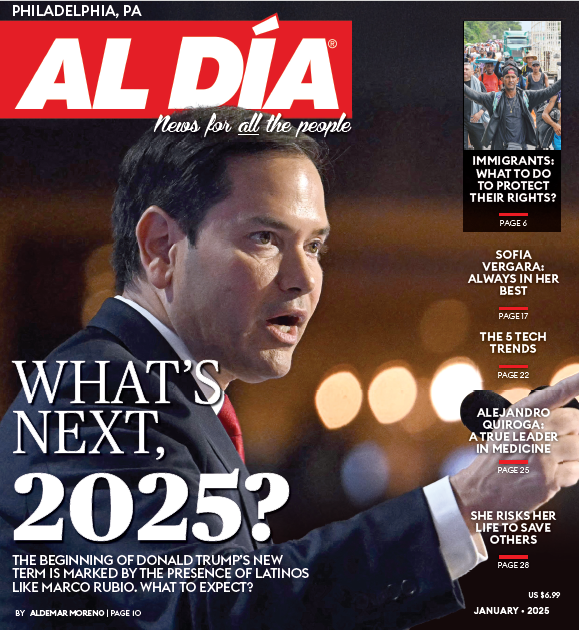
U.S. Hispanic Chamber of Commerce supports coalition calling for DACA solution
The USHCC is one of the many organizations calling in support for a quick resolution to DACA and Dreamer support within the U.S.
The United States Hispanic Chamber of Commerce added their name in support of the Coalition for the American Dream.
The Coalition for the American Dream is an organization of business leaders representing every major sector of the U.S. economy pursuing a bipartisan, permanent legislative solution for Dreamers. The organization recently sent a letter to Speaker Nancy Pelosi, and Leaders Mitch McConnell, Charles Schumer, and Kevin McCarthy asking Congress to act immediately in passing a solution enabling Dreamers currently living, working, and contributing to U.S. communities to continue doing so.
“These are our friends, neighbors, and coworkers, and they should not have to wait for court cases to be decided to determine their fate when Congress can act now,” the letter reads.
RELATED CONTENT
There are currently 1.2 million individuals eligible for protection under the Deferred Action for Childhood Arrivals (DACA) immigration policy.
The USHCC is partnering with more than 100 major companies calling for a legislative solution that would permanently protect the legal status of Dreamers.
“Dreamers are the living and breathing representation of the American Dream, and I am proud to see corporate America step up in their defense,” USHCC President & CEO Ramiro Cavazos said in a press release. “At the USHCC, we recognize that a DACA solution—along with a pathway to citizenship—is more than just the right thing to do. It is a smart choice for our economy.”
According to the Center for American Progress, 96 percent of DACA recipients are currently in school or working. They also contribute $2 billion in state and local taxes annually.
Studies by economists have determined that if Congress fails to act, and Dreamers were forced to leave the United States, our country would experience a loss of $350 billion in GDP over the next decade, and the federal government could lose $90 million in tax revenue.











LEAVE A COMMENT: